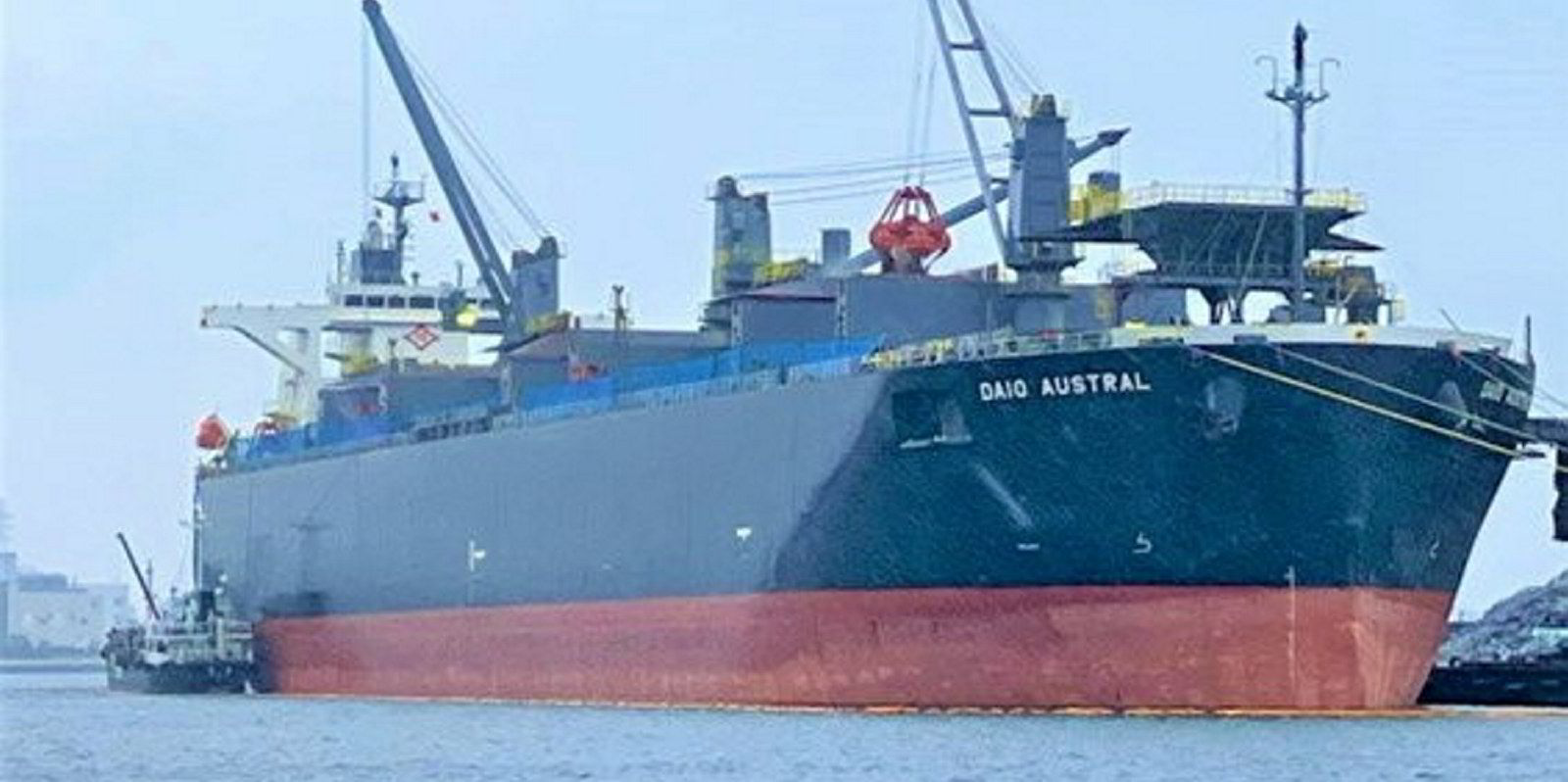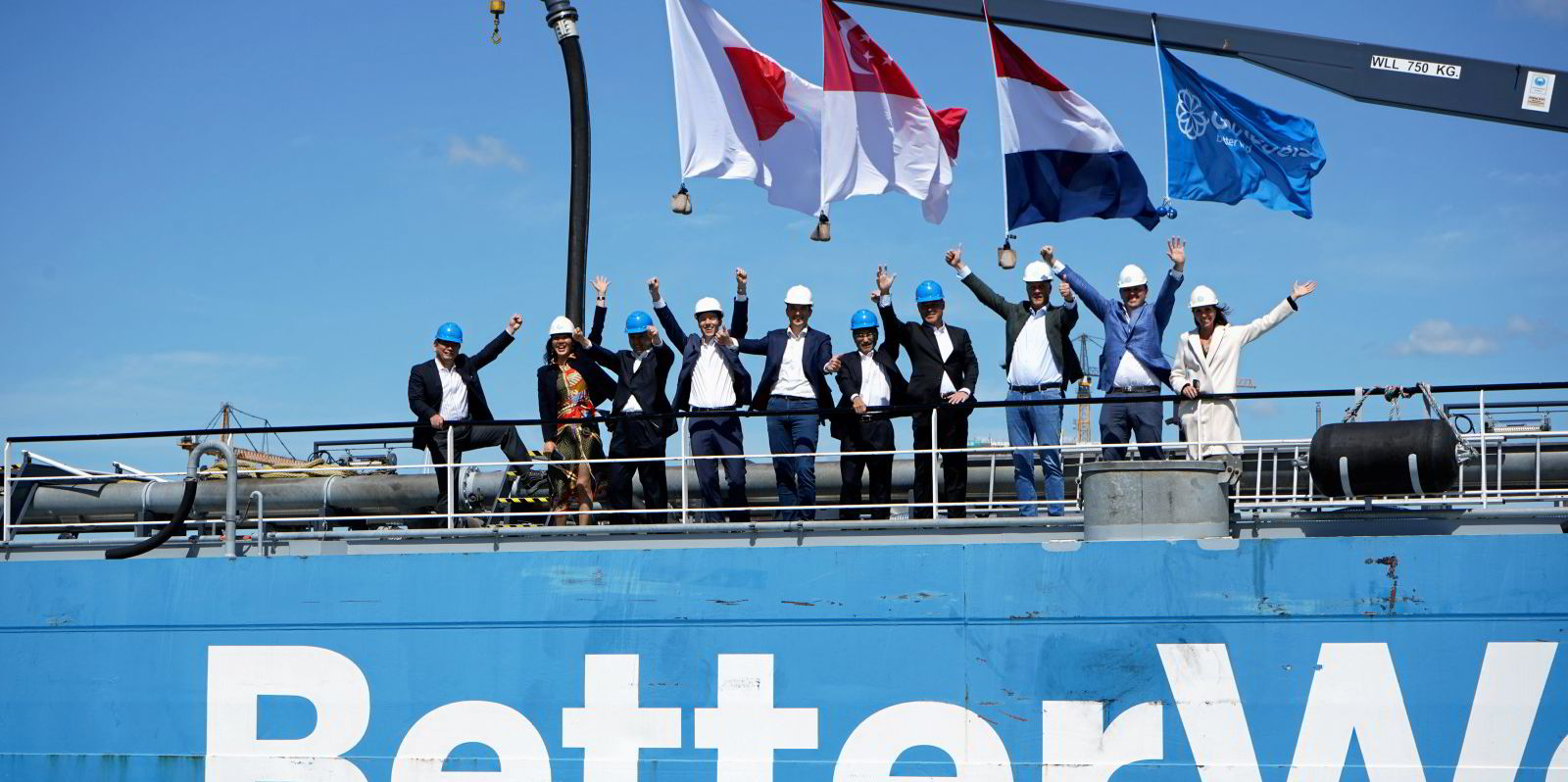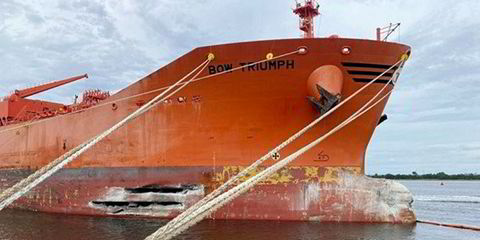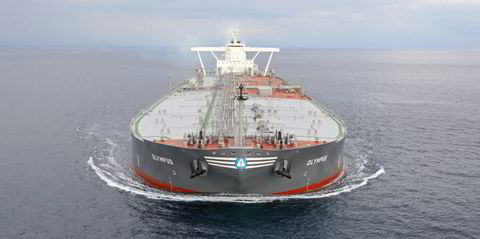NYK Line has committed itself to a series of longer-term trials of biofuels in a move aimed at providing a better understanding of this potential bunker fuel replacement.
The Japanese shipowner said the trials would begin in 2024 during which “multiple vessel types” will use biofuel continuously for periods of up to three months at a time.
After that, NYK Line said it will gradually extend biofuel use for a longer period for further validation.
Through this trial, NYK Line said it aims to establish a safe navigation system using biofuels and promote biofuel development to achieve its goal of a 45% reduction in greenhouse gas (GHG) emissions by fiscal 2030 compared to fiscal 2021.
Since 2019, the NYK Group says it has conducted short-term biofuel trials on about 10 vessels, mainly bulkers and tugboats.
“While NYK Line has confirmed the safety of short-term biofuel use, we have not verified the impact of biofuels on the ship’s main engine, generator, motor, fuel supply system, etc, and the quality of biofuels after a certain storage period,” the shipowner said.
NYK Line said it also needed to ensure the stability of biofuel procurement when used in more vessels.
Biofuels are considered to be carbon-neutral because the carbon dioxide that is absorbed by the source of the biomass is equal to the carbon dioxide that is released when the fuel is burned.
Since biofuels can also be used in heavy oil–fired engines, they are considered to be a powerful means of reducing GHG emissions during the transition from heavy oil to zero-emission fuels.
Biofuel use in shipping has so far been extremely low despite it being seen as a convenient way for shipping companies to reduce their carbon emissions because of its ability to be used as a “drop-in” fuel.
“Before 2022, [biofuel use] was limited to a number of demonstrations, pilots and trials carried out onboard ships,” according to a report by DNV published in June this year.
“However, in 2022, this seemingly accelerated with reports of around 930,000 tonnes of blended biofuel being bunkered in Singapore and Rotterdam.”
Although biofuels are regarded as relatively easy and straightforward to use, they still have the potential to damage equipment onboard a vessel if not dealt with correctly.
Due to the lack of long-lasting trials, there is a shortage of experience with regard to biodiesels and bioliquids and their compatibility with existing onboard machinery, according to DNV.
“Therefore, it is important to evaluate biofuels on a case-by-case basis to make sure that the fuel specification and quality is compatible with the intended applications onboard the vessel.”






